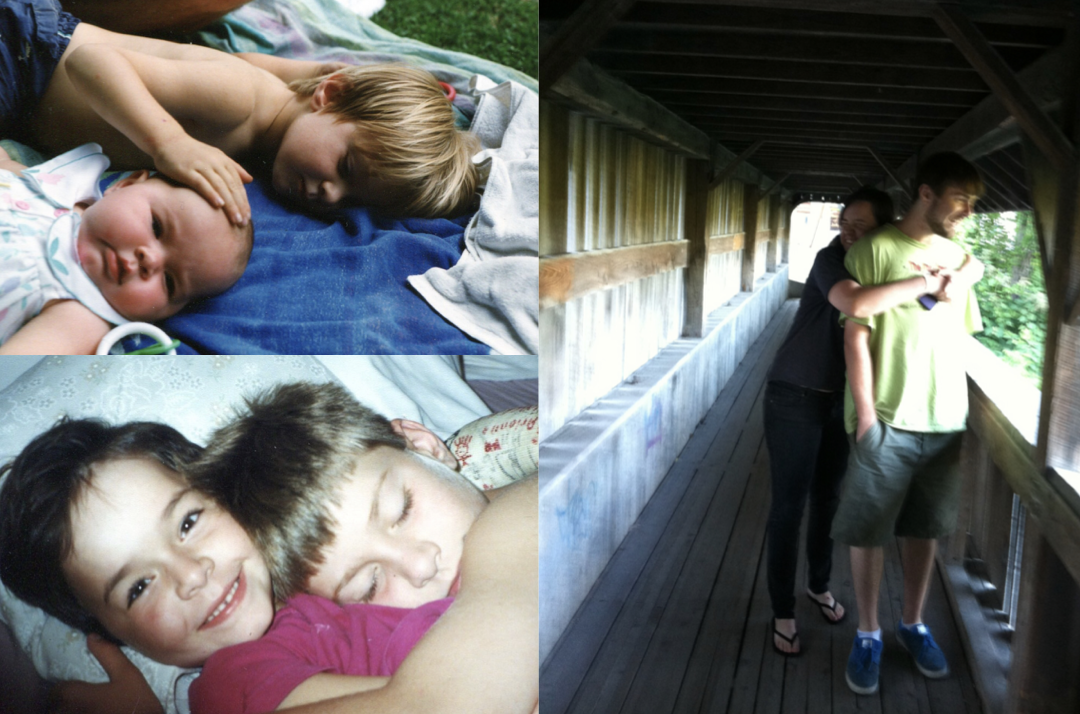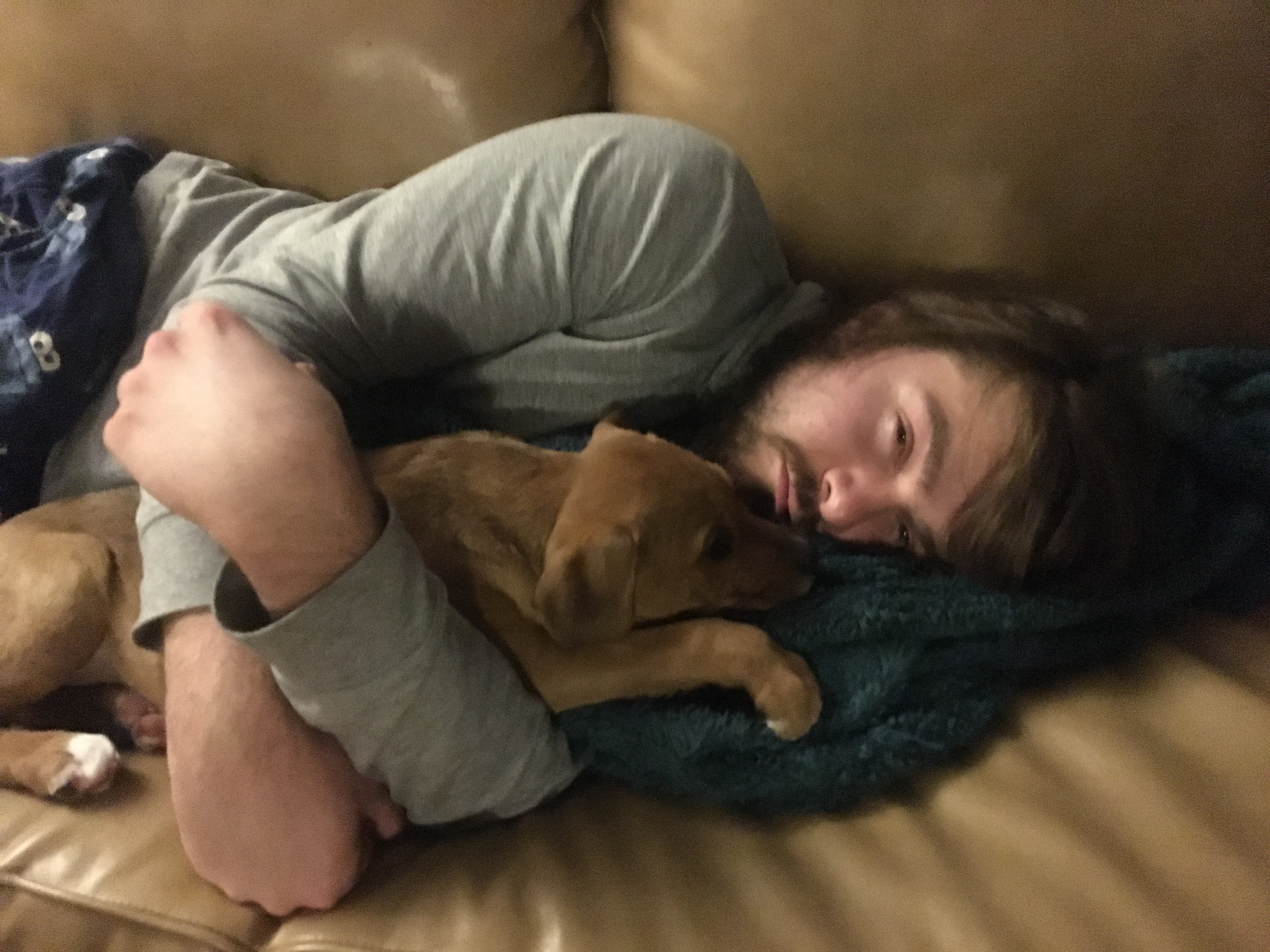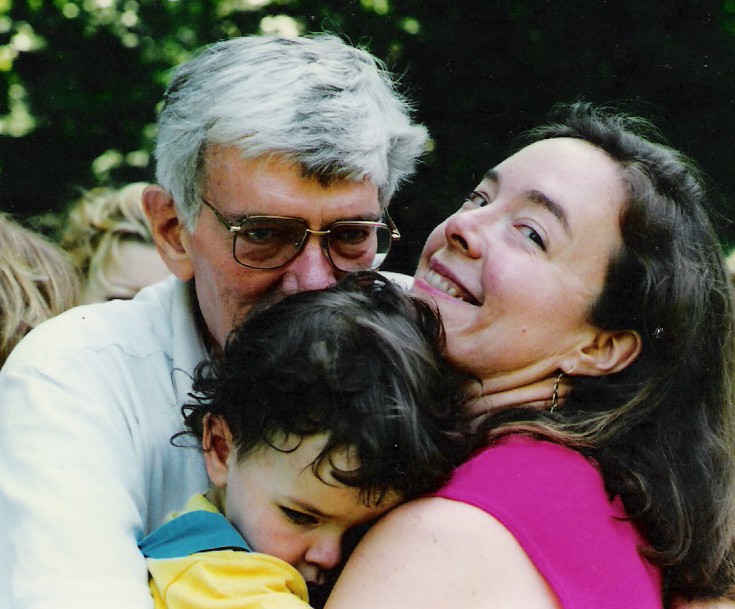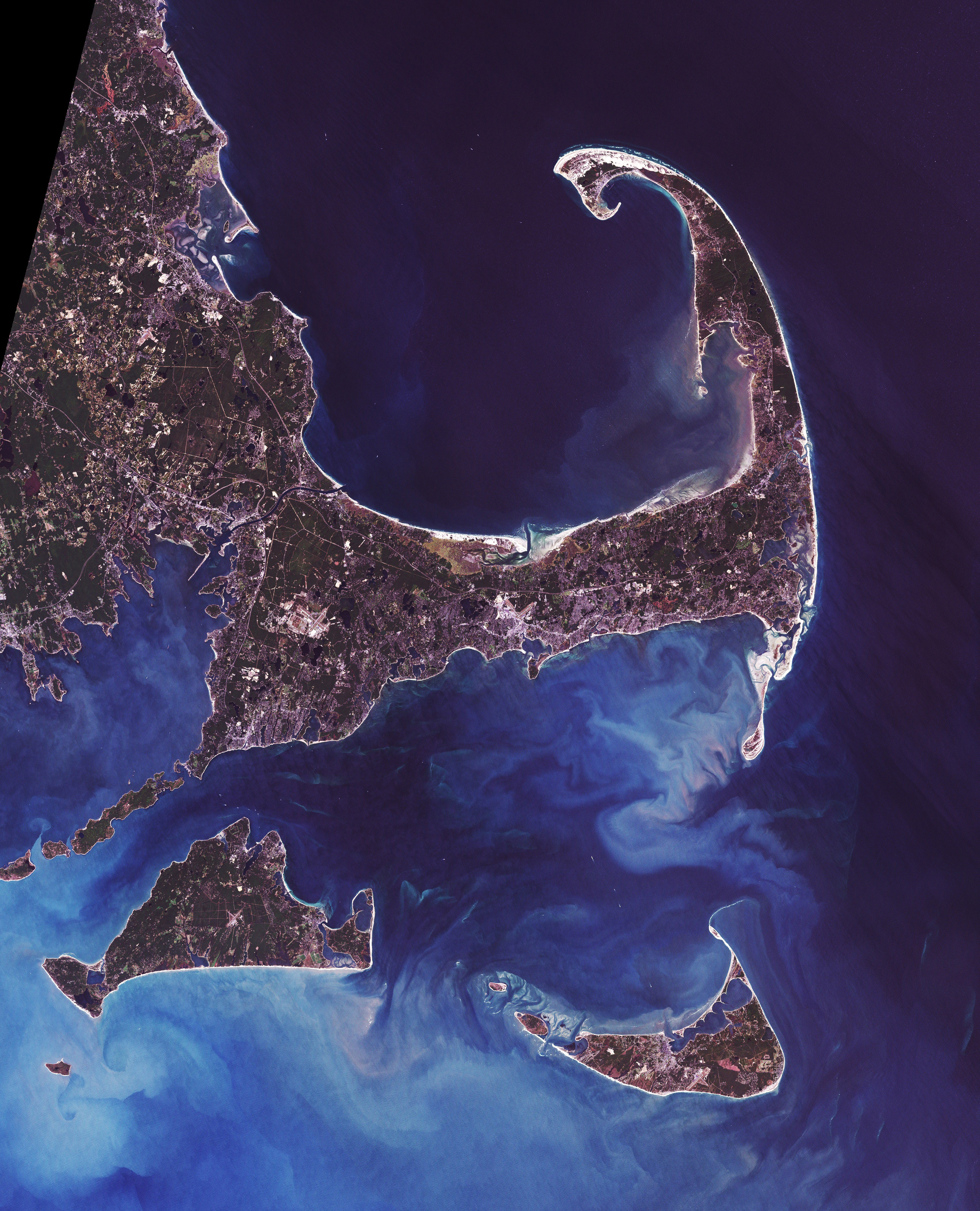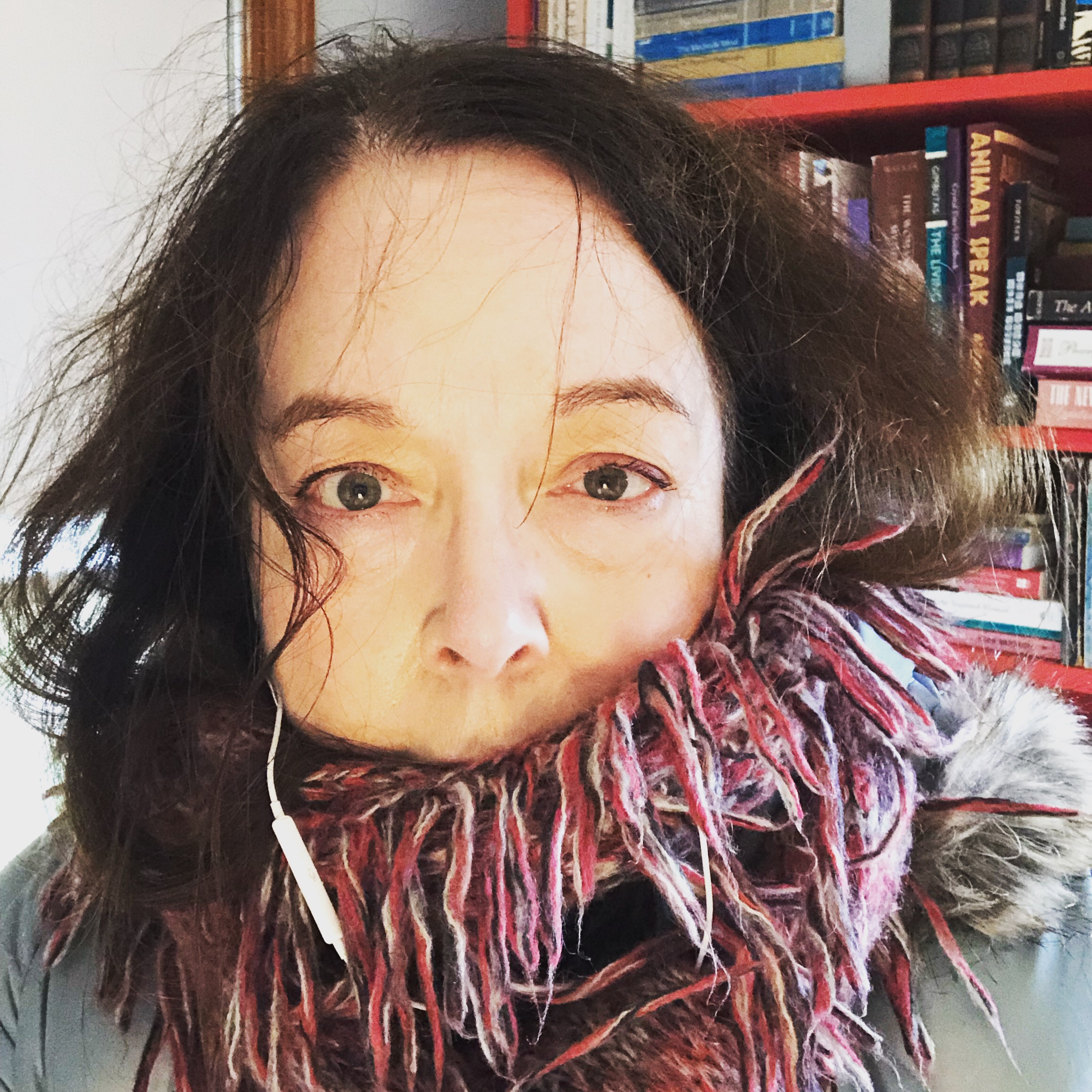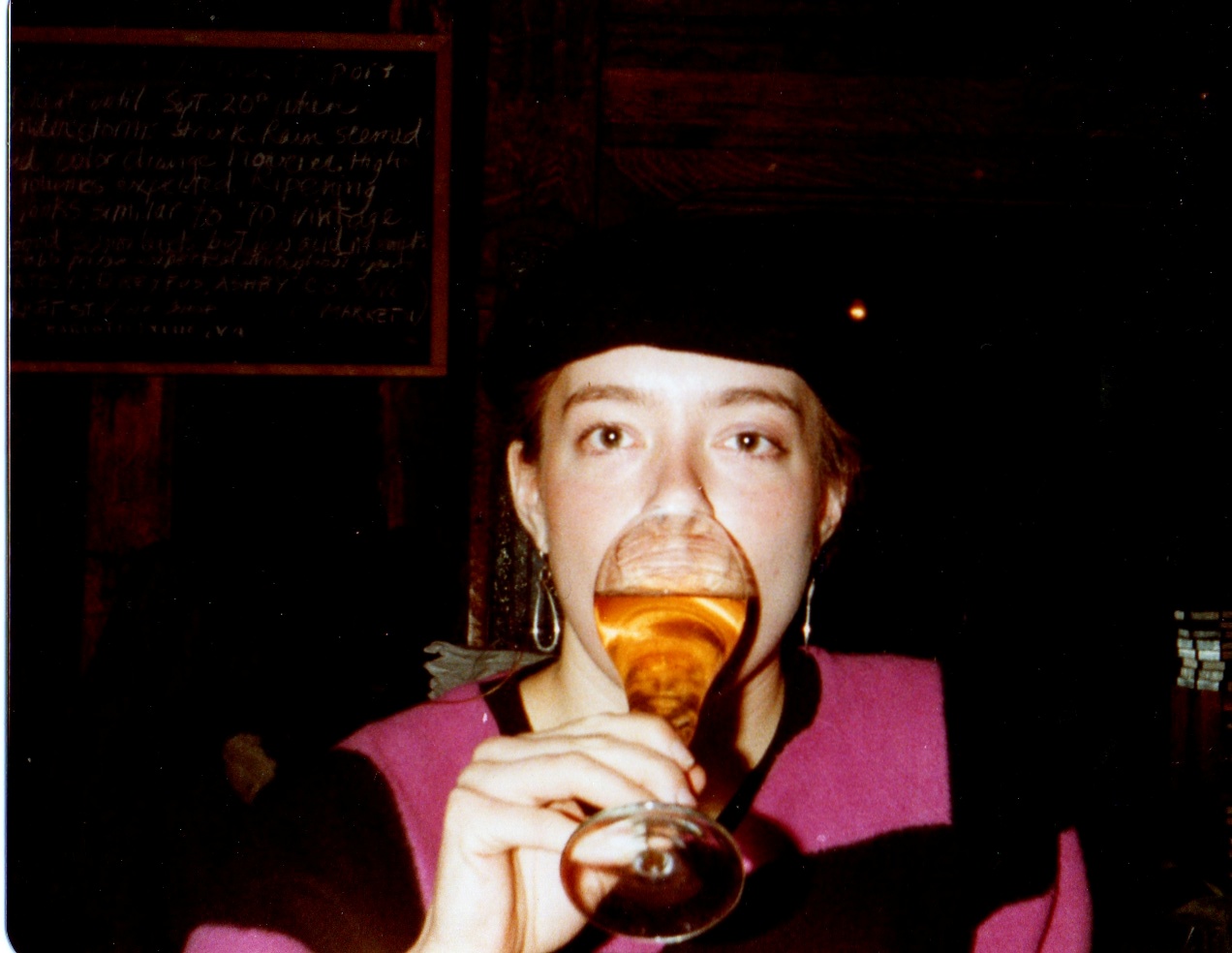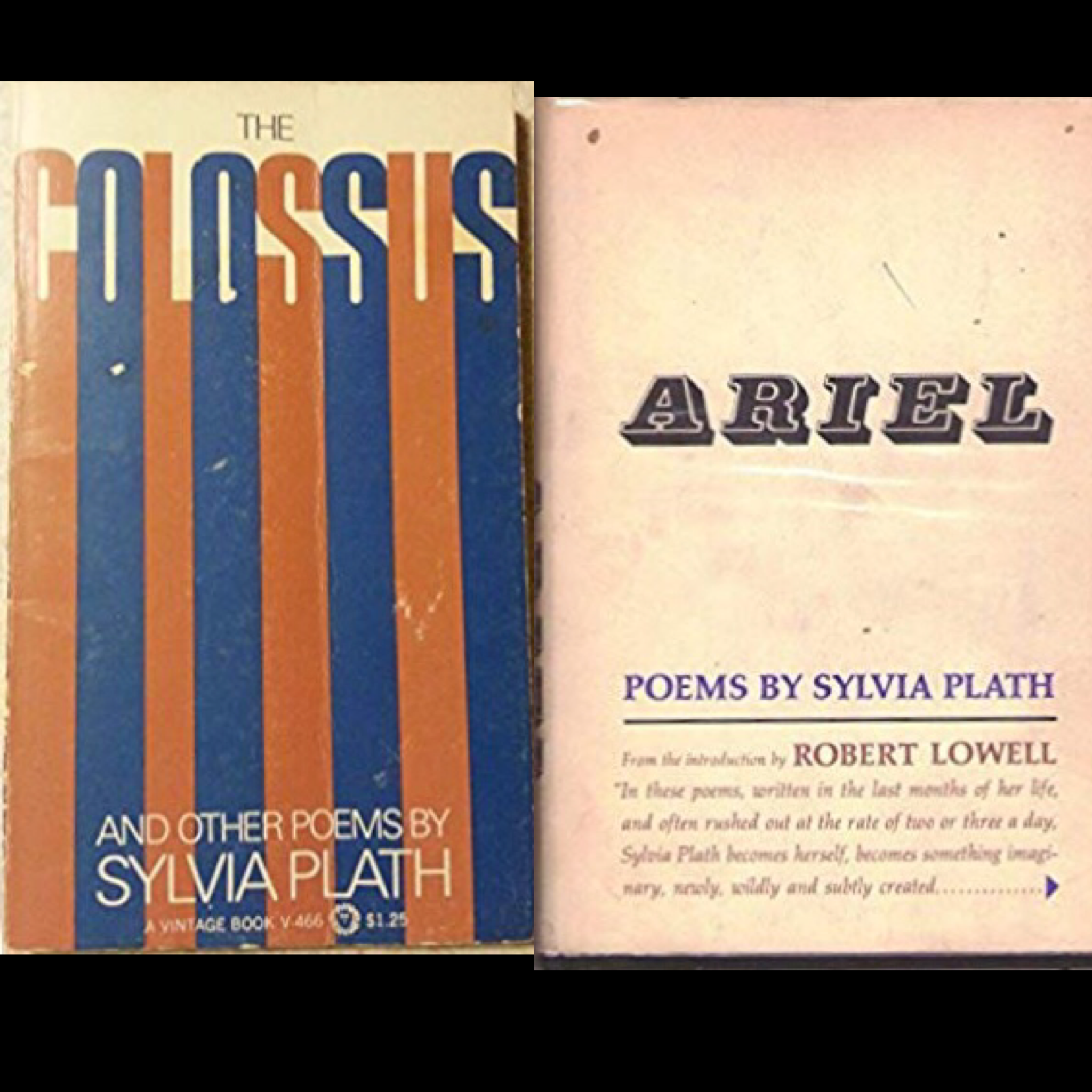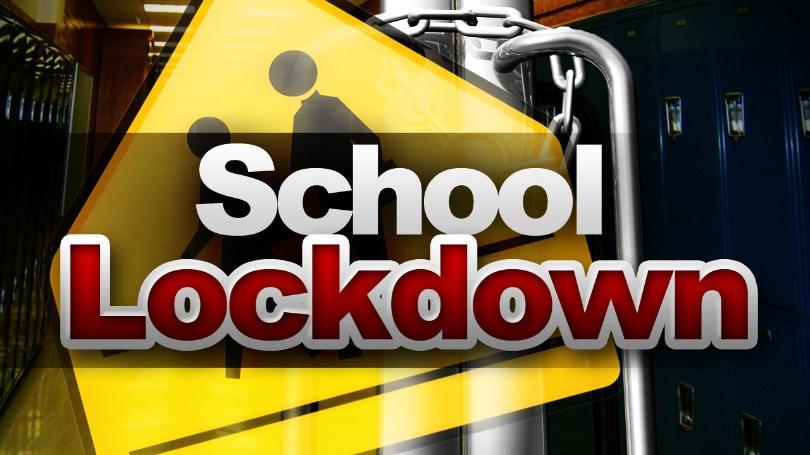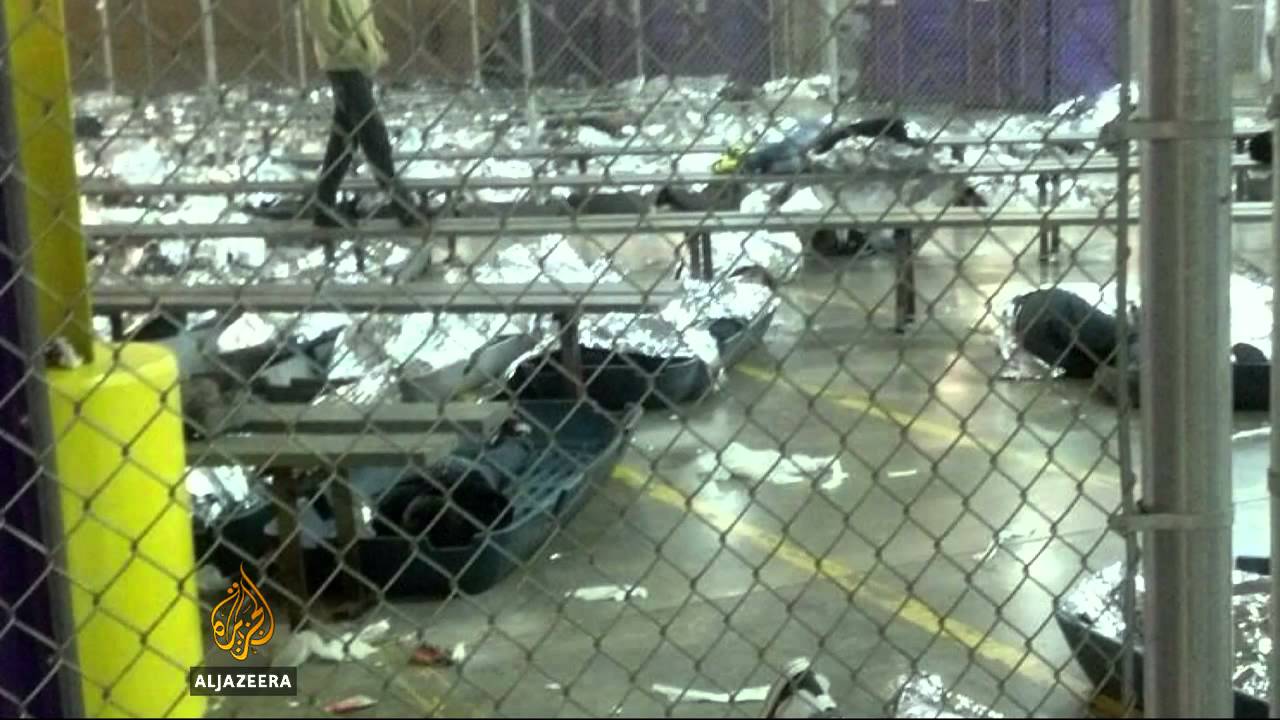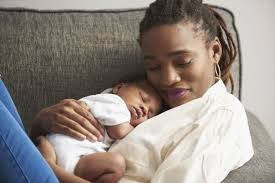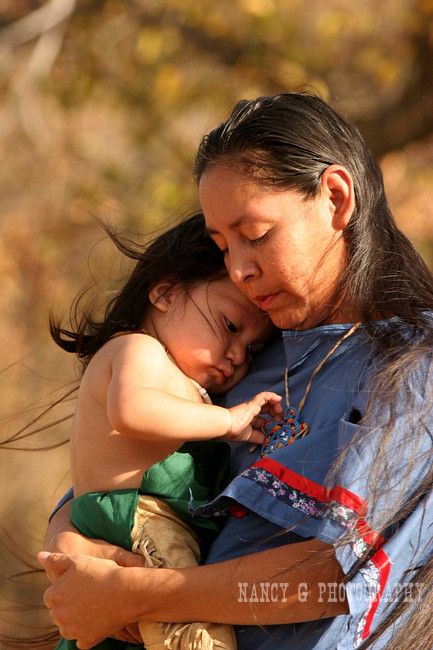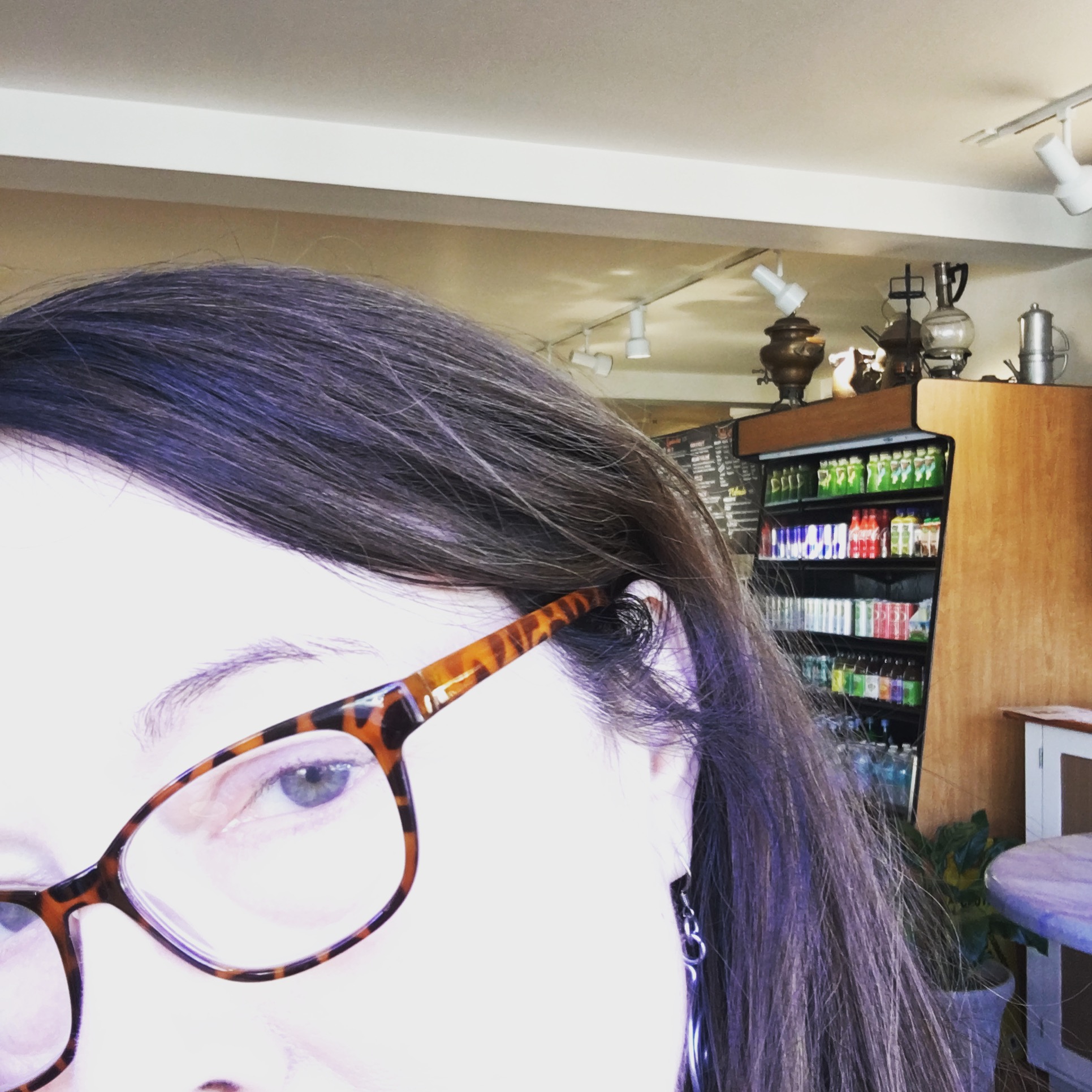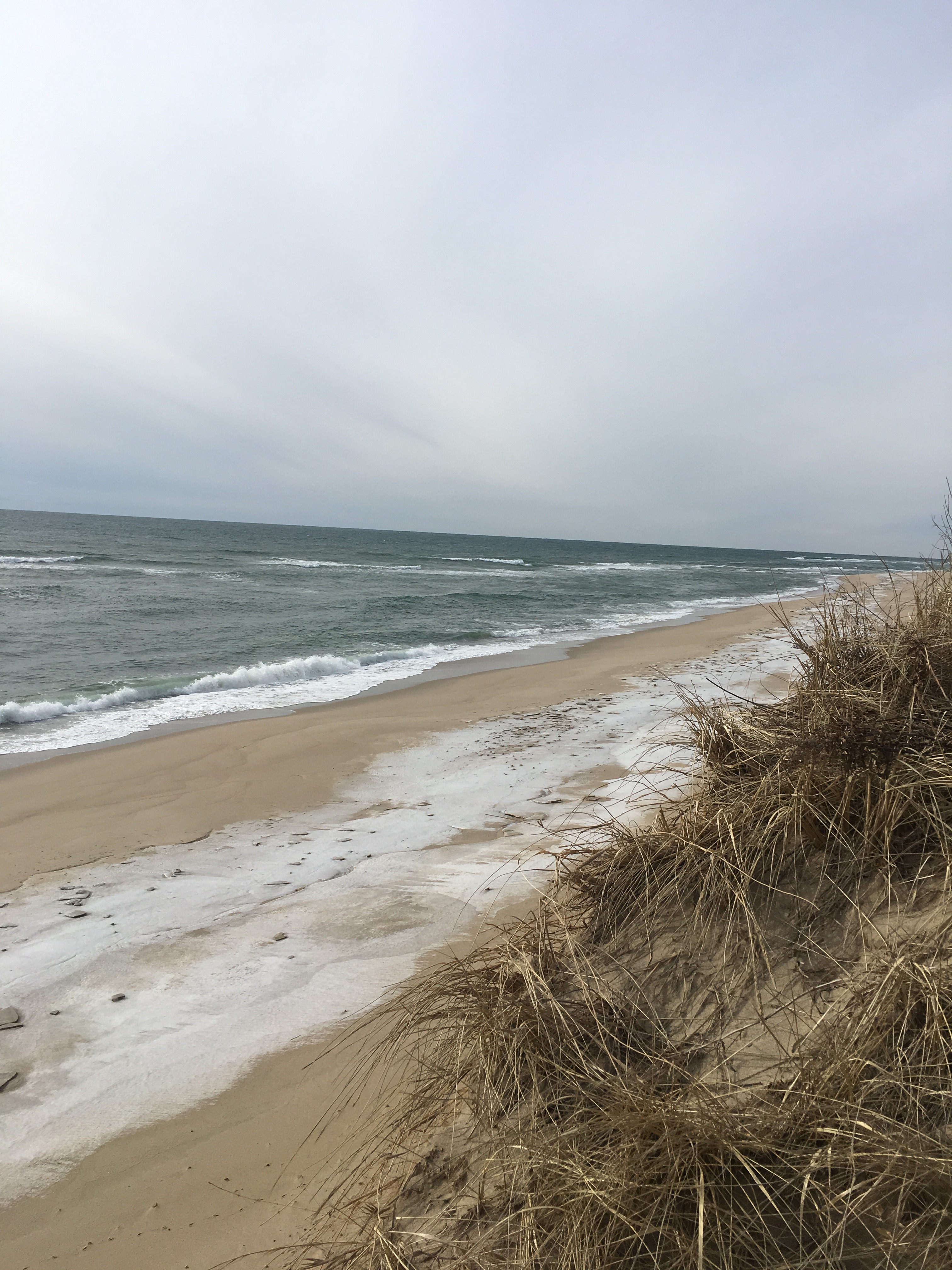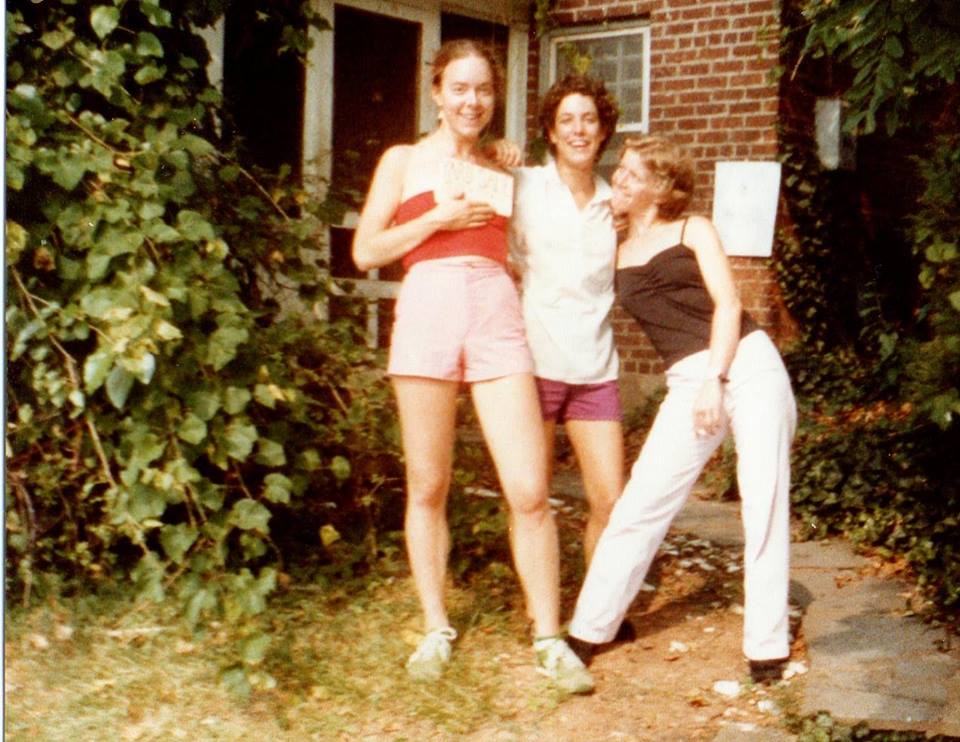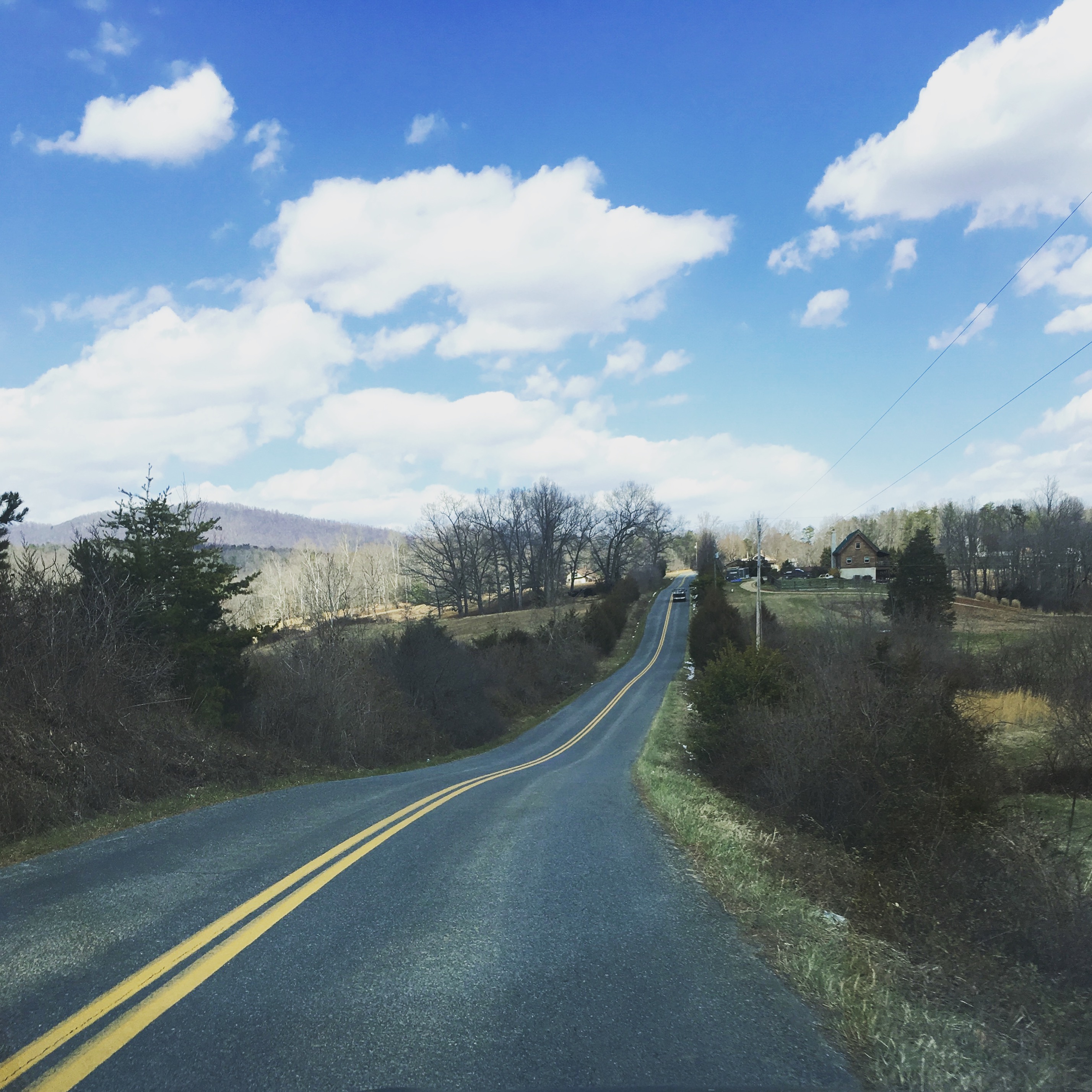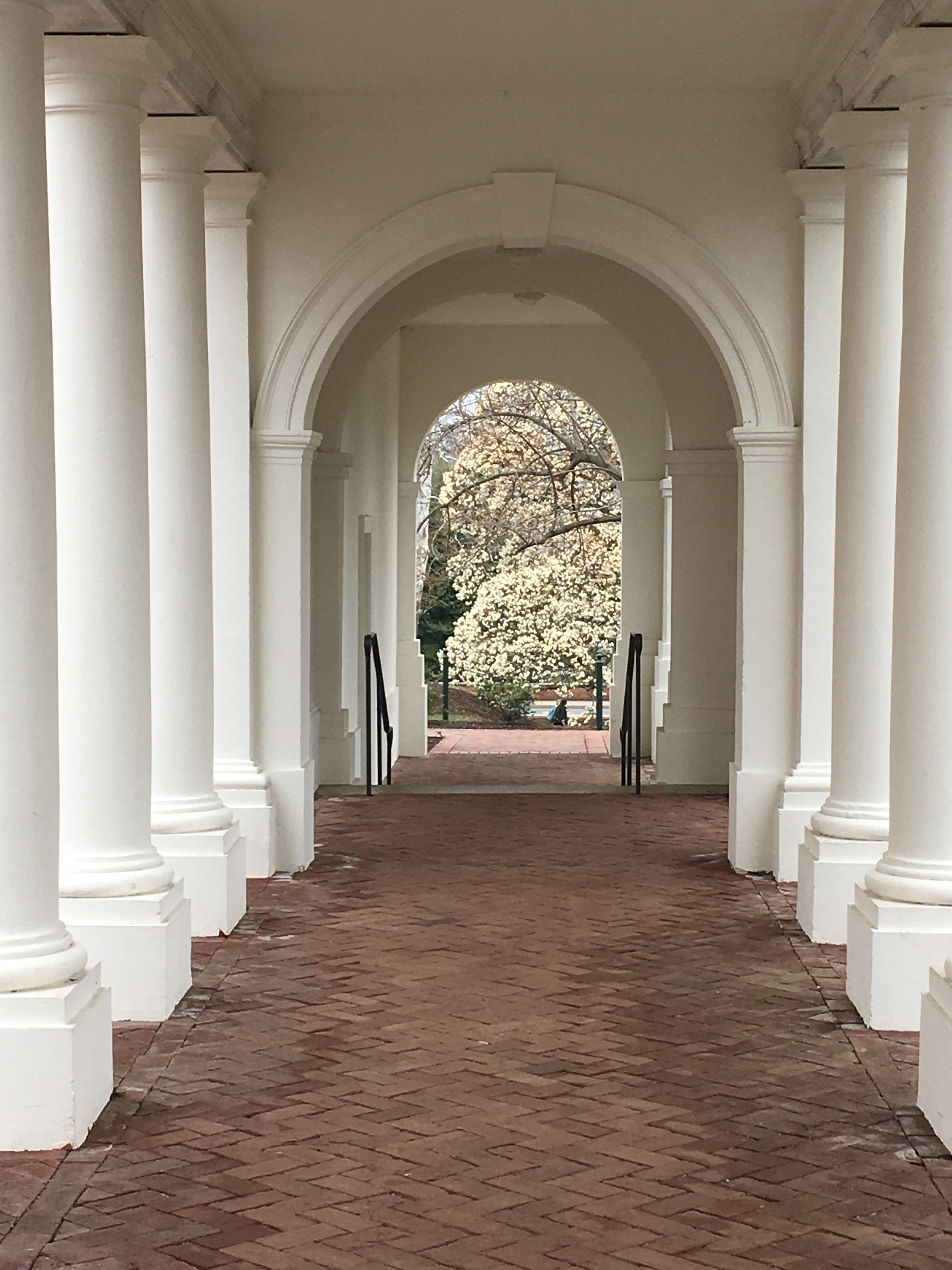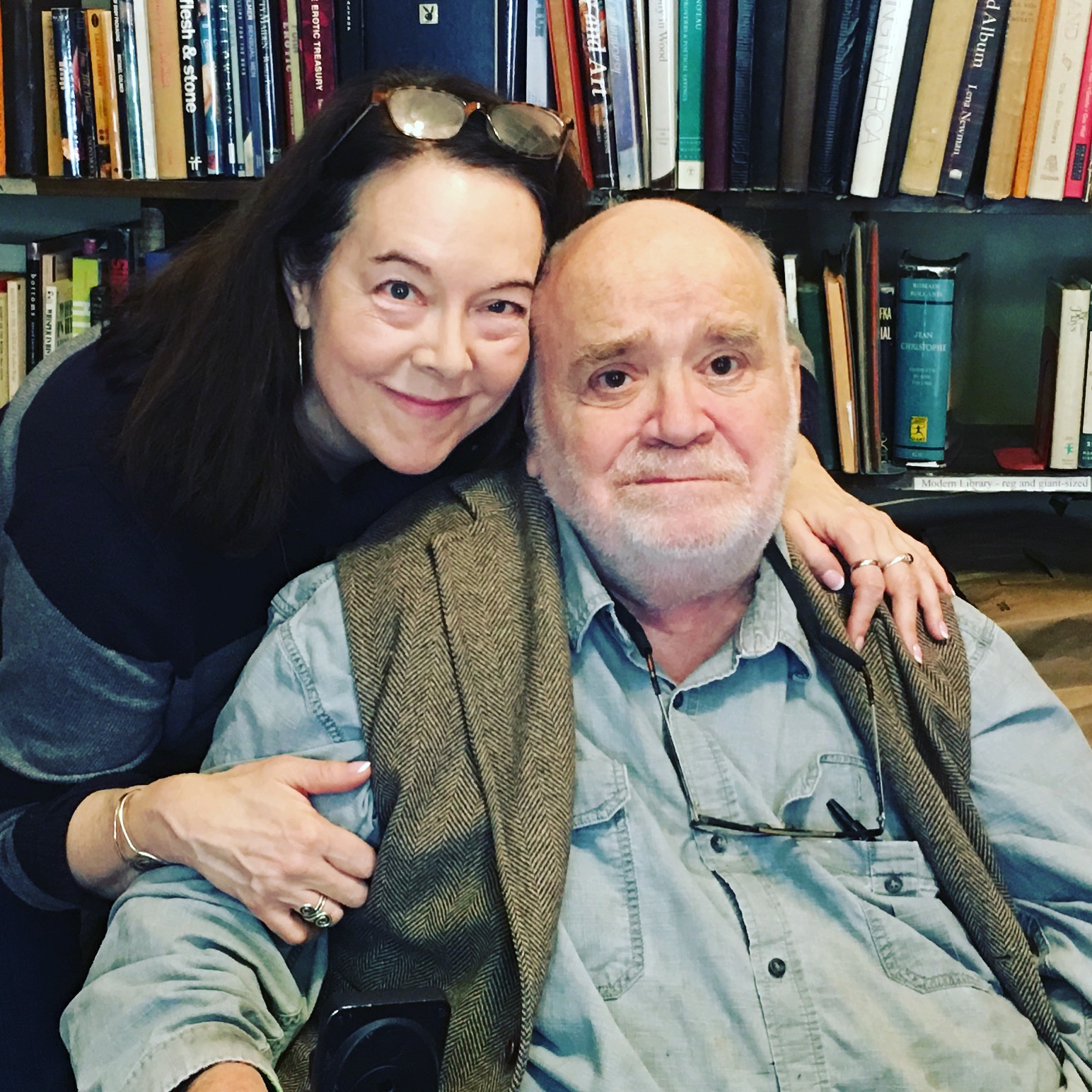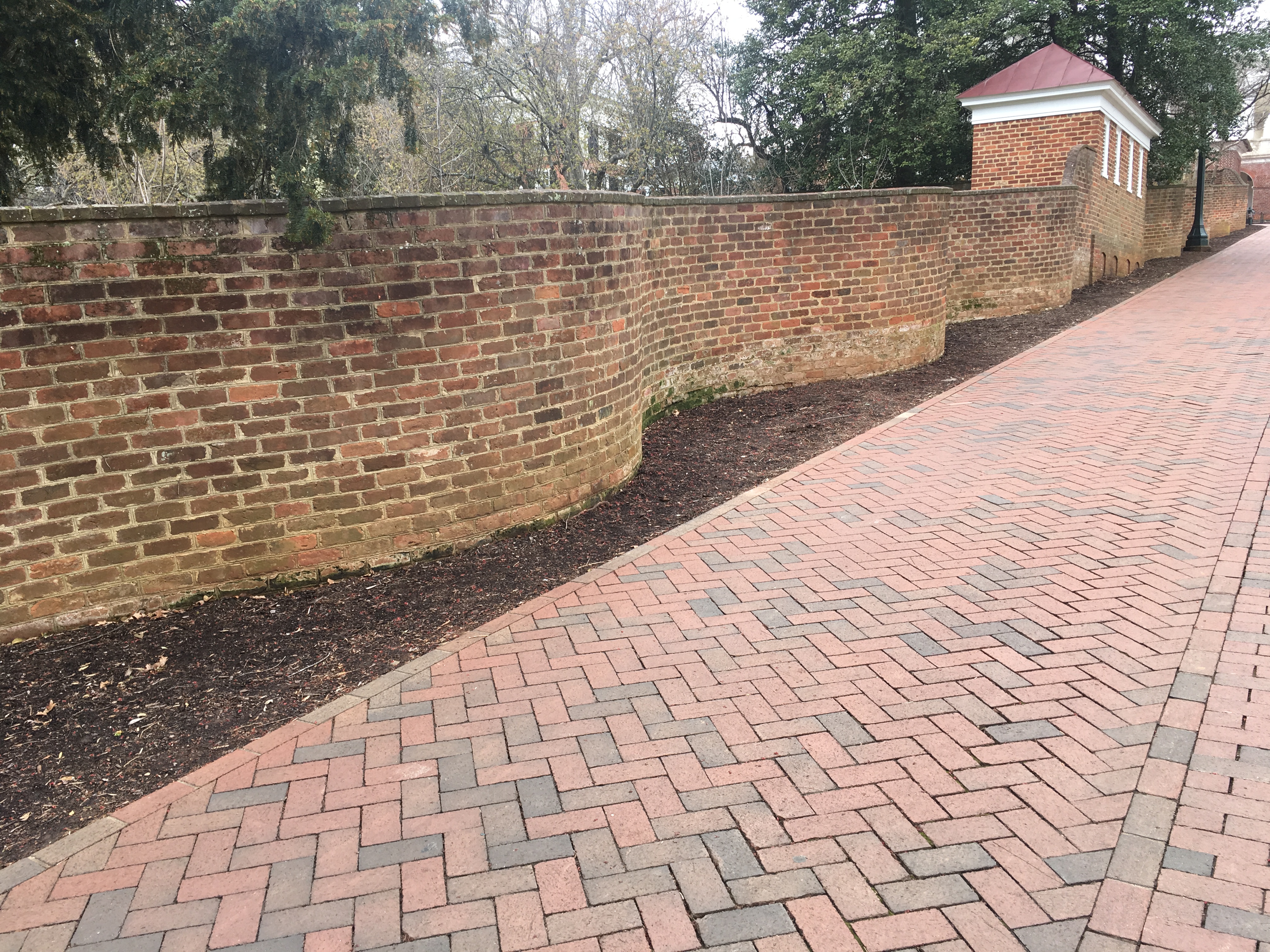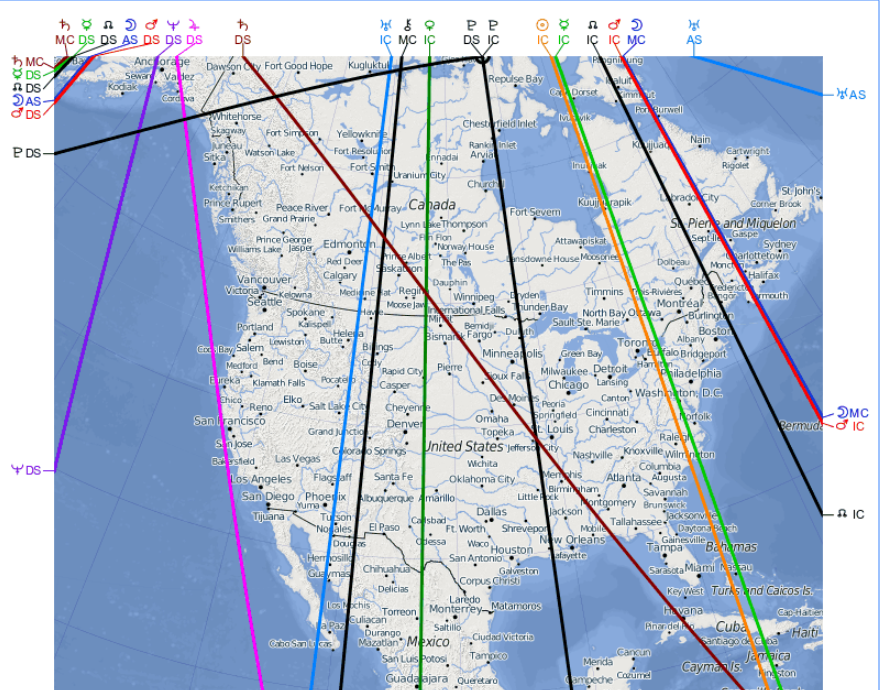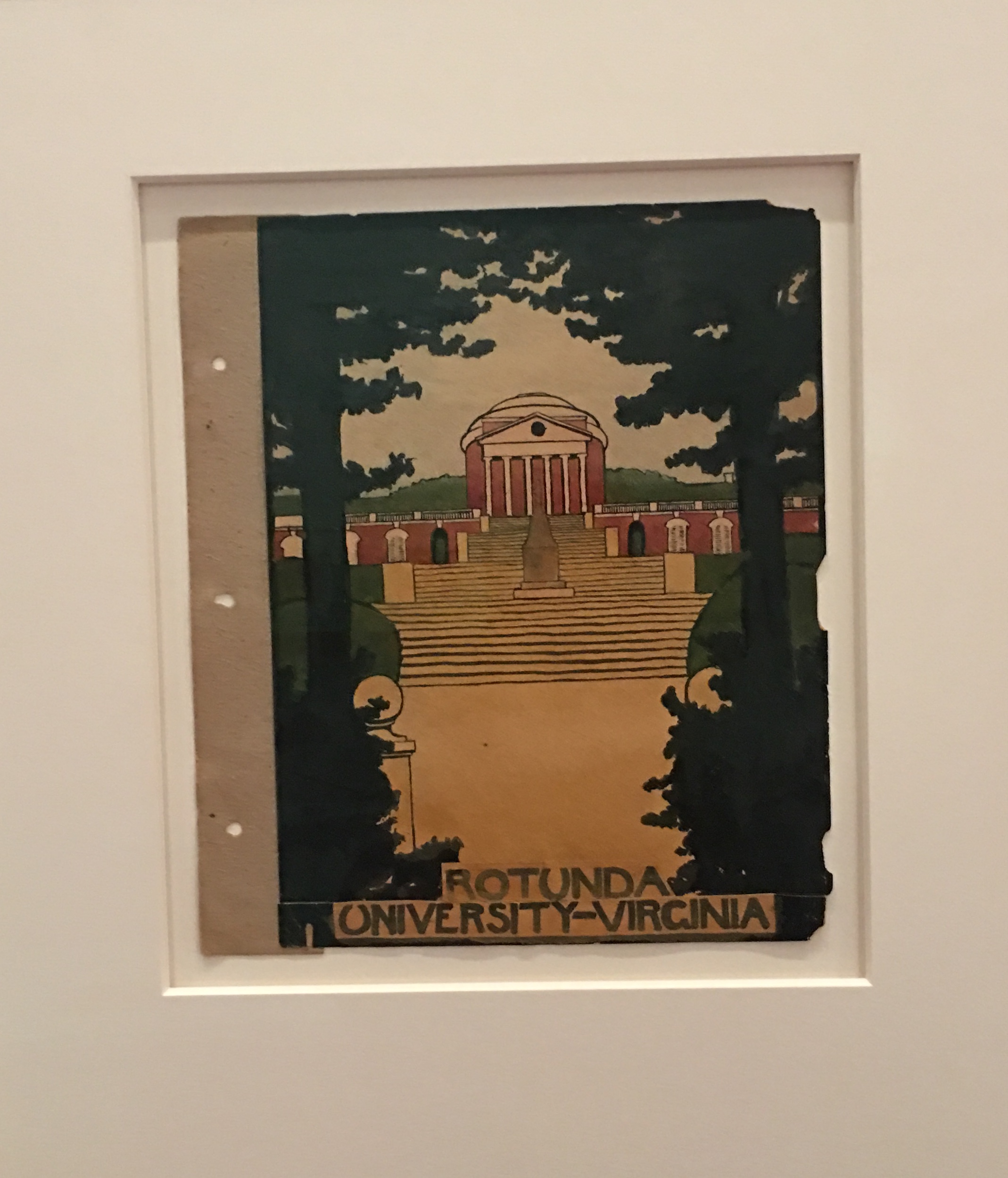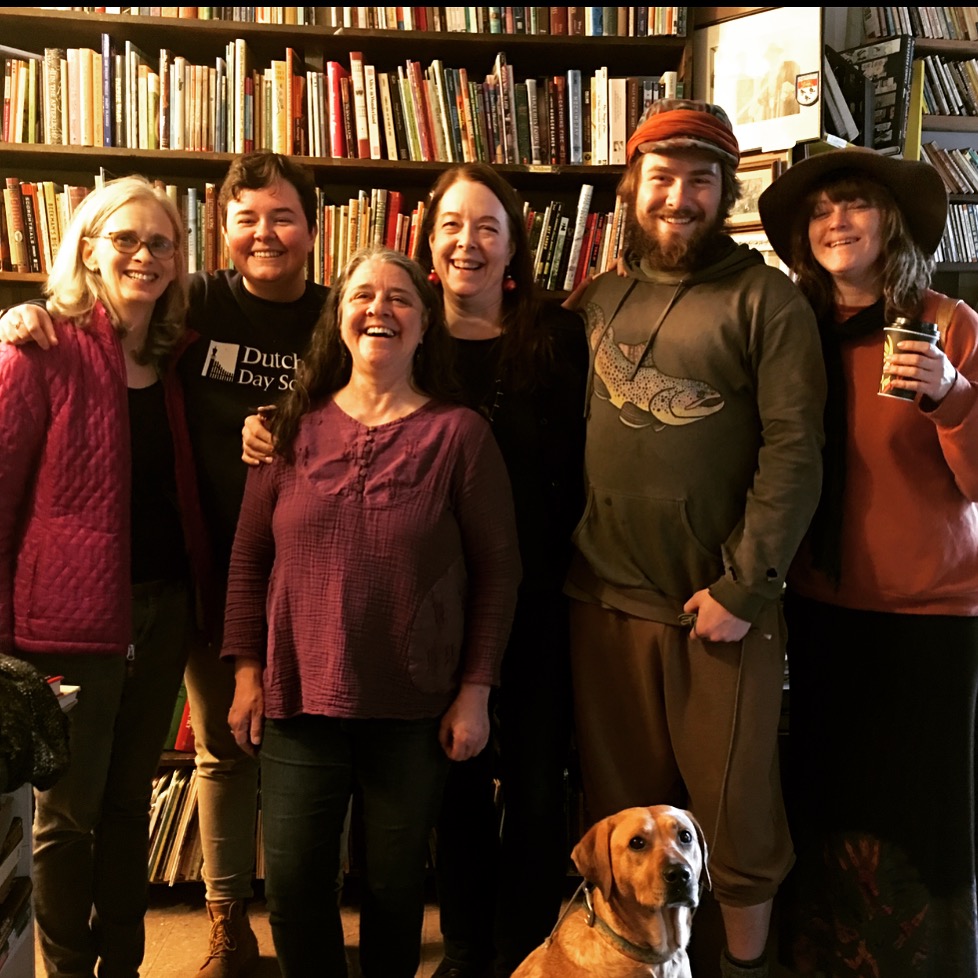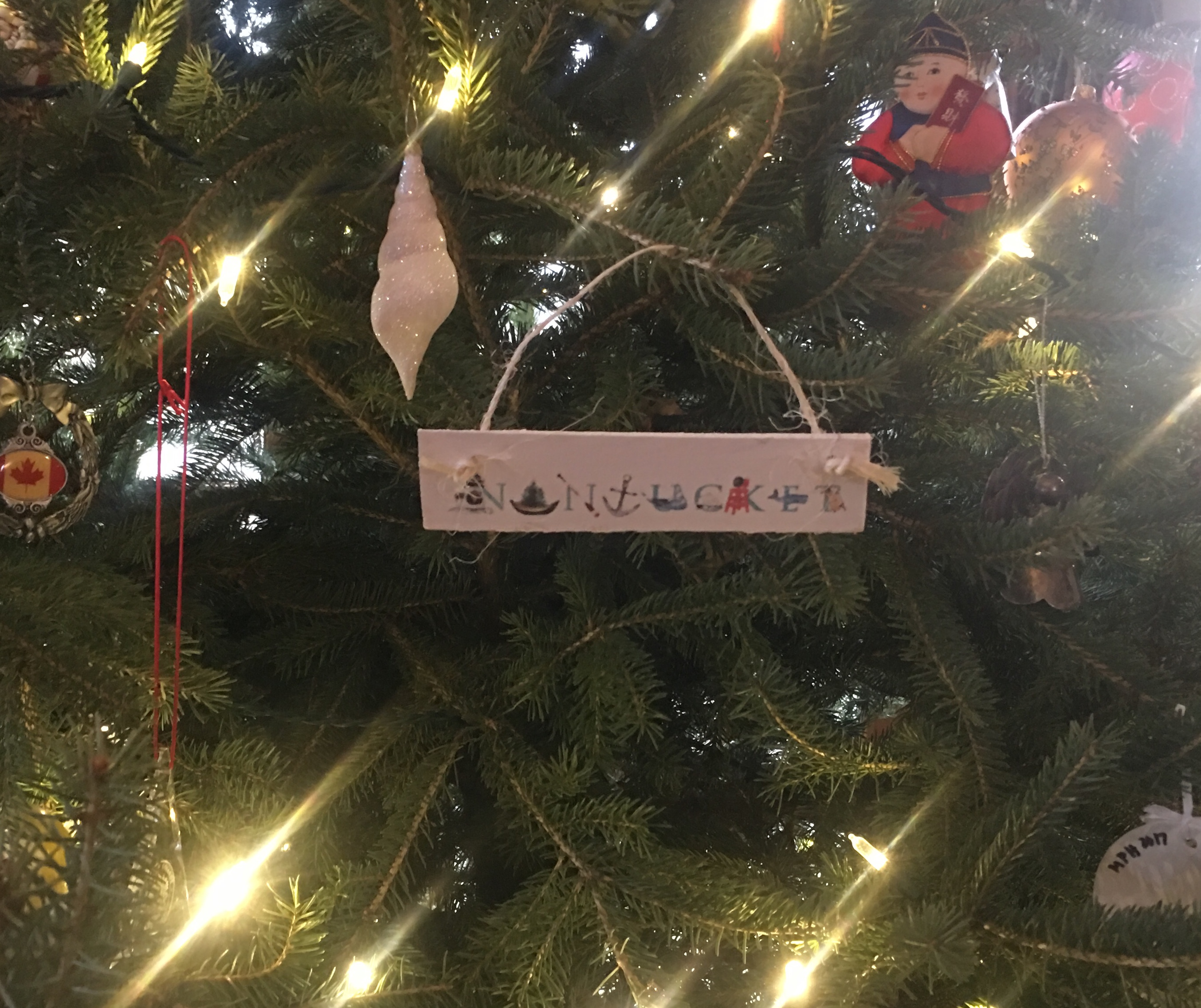How did I maintain equilibrium and a sense of peace and happiness through many years when some pretty basic things about my life were painful, unfulfilling, or difficult? High stress around a mentally ill, often homeless, mother. A rural life that did not align with my basic needs. Abstinence from the one thing that had always defined me: writing. And what was essentially a profoundly unsatisfactory marriage. But if you’d asked me at the time, through those years, “Are you happy?” I would have said yes.
There was a family and it was full of love. The love my husband and I felt for our children filled up the gaps and fissures in our own relationship. And I now know, with the clarity of time and distance, there was another thing that was fundamental to my sense of comfort within my life.
Touch.
The moment I gave birth to my first child, the human need we all have for touch was satisfied. Holding, hugging, cuddling my babies as they grew was, to paraphrase Michelangelo, what gave me life. At least it’s a very very big part of it. And I’m happy to say, I raised two humans as cuddly as I am, and not as uncuddly as their dad is. (He has many great qualities; cuddliness is not one.) Our grown children are paying that warm gift of touch forward in their adult primary attachment relationships—aka with their girlfriends.
After waking up the other day having dreamt I was writing something titled “Touch,” I obviously had to write something titled “Touch.”
My new motto is: Touch—I’m into it. And looking for outlets for my touch, beyond the friendly fluff of my resident feline.
Once I knew I was going to write this blog called “Touch,” I decided to click around on the internet to see if what I intuitively know to be true is backed up by science. Cuz science is cool.
As predicted, all the studies (and they have been numerous in recent decades) support what is obvious to you, or anyone, who has hugged or been hugged, cuddled, stroked, held hands, made love, or driven a car with a lover’s hand resting on your leg as the miles rolled sweetly by. Touch is incredibly healing for us, and, in fact, vital not just to humans, but to animals of all kinds.
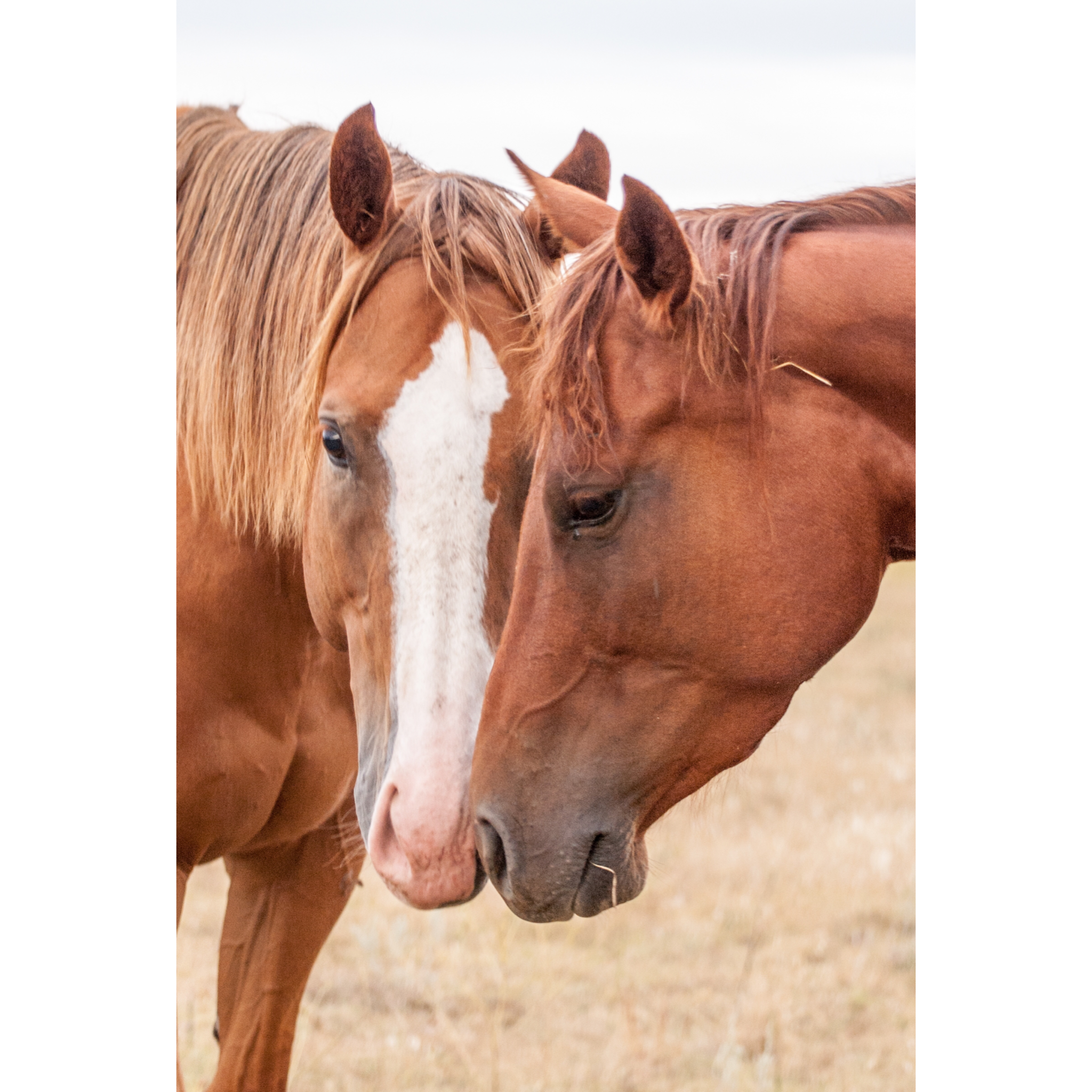 A cat, dog, or horse will push head against human hand, demanding pats, nuzzles, and ear scratches. Children who feel safe and nourished by our love will fling themselves at us, arms out, knowing that the hug is waiting. My children, as mentioned, always felt comfortable seeking loving touch, hugs, cuddles, booboo kisses. My son loved to excuse himself from his dinner seat and come sit on my lap when he was finished eating. From toddlerhood on, this routine rarely altered. The result was lovely for everyone—a longer time lingering at table, the family talking about the day, my husband and I making plans, gossiping about work, as I finished my wine or just sat with my little, and eventually less little, boy on my lap. He did that till he was 11 or 12 and just did not fit any more.
A cat, dog, or horse will push head against human hand, demanding pats, nuzzles, and ear scratches. Children who feel safe and nourished by our love will fling themselves at us, arms out, knowing that the hug is waiting. My children, as mentioned, always felt comfortable seeking loving touch, hugs, cuddles, booboo kisses. My son loved to excuse himself from his dinner seat and come sit on my lap when he was finished eating. From toddlerhood on, this routine rarely altered. The result was lovely for everyone—a longer time lingering at table, the family talking about the day, my husband and I making plans, gossiping about work, as I finished my wine or just sat with my little, and eventually less little, boy on my lap. He did that till he was 11 or 12 and just did not fit any more.
To this day, my all-grown daughter will stick her arm into my lap when we are watching a movie, hanging out, talking… and I know she wants some touch. I will stroke her arm as I have done for over 25 years, or maybe her back, and why wouldn’t I? But as adults, we rarely ask for the touch we need. (It would never have occurred to me to ask for a hug or a backrub from either of my parents even when I was a child, let alone an adult.) Humans, at least in this culture, are programmed not to ask for touch, no matter how needed. We don’t push our head against people’s hands or stick our arms into people’s laps. I suspect most Americans would think that saying, “I need a hug” is a sign of weakness. And that’s sad.
Now that my kids are out of the house, I am a single woman living alone. I don’t mind living alone, but I am usually pretty touch-deprived. Like many Americans, I suspect. Having a pet helps immensely. If you have that warm furball pressed up against you and can nest your fingers in a fluffy cat belly or stroke a dog’s silky face, you have a leg up. Also, if you are a woman, you are likely to receive more touch than your male counterparts. We women are more likely to hug hello and goodbye, and to really squeeze when we hug, too. The other day I burst into tears while confiding something painful to a friend of mine. She immediately hugged me—a real hug, and I accepted gratefully.
A hug is best when it rests for a minute. When you and your hug-partner can feel your heart rates match, and the day’s tension drain from your bodies. Except when we hold our children or our lovers… if we have them… we rarely hug like that. I suspect most Americans would find a hug like that, from a friend who is not a lover, awkward at best, creepy at worst.
And it’s a shame.
But the studies do show that even simple conversational touch is immensely beneficial. (Did you know that in the US we touch during conversation with friends about 2 times an hour but in France it’s 110 times an hour and in Puerto Rico… 180!)
What Michelangelo actually said, according to Google, was: “To touch is to give life.” And in all the ways we can interpret “life,” it seems to be true. The benefits to mental, physical, and psychic health abound. Here’s one quick example—one study of women looked at increased numbers of hugs from their partners in correlation to blood pressure and heart rates and the results were stunning. Both numbers dropped. And that is not the only study that links hugs with cardiovascular health.
We’ve known for a long time that babies and children need lots of touch. Children who are raised with plenty of touch are calmer, better adjusted, and more resilient, while children who are not touched fail to thrive or grow, for starters, and the rest of the outcomes are just as awful.
But we grown-ups need touch too. Touch! I’m into it…
- Touch creates cooperative relationships. Is it possible to incorporate touch into the work place in the Me Too era? Not sure how we’d navigate that… (My boss is a hugger. At first I was taken by surprise by this daily greeting for everyone she encounters in the office. But I grew to love it. Her hugs are real, and she looks you in the eye as she comes in for the squeeze. I feel seen and cared about. I’m good with it. If she were a man, I honestly can’t say if I would be, but that is a topic for another blog.)
- It produces oxytocin—the mothering hormone it is sometimes called, also known as the sex hormone, but really it’s the love hormone, as it is released not just by breastfeeding and sex but also by simple touch. Oxytocin enhances positive thinking, optimism, bonding, compassion, and trust.
- Speaking of compassion—one study showed that when a toucher was feeling compassion, the touched person knew it about 80% of the time. (This study was done so that the two people could not see each other and hands reached out through a hole in the wall—very sciency.) The touched person could also sense other emotions, but compassion was the big winner.) So if you touch people, they will feel your compassion for them. So do it.
- Touch also releases the neurotransmitters, dopamine and serotonin. They help us regulate our moods and they relieve anxiety and stress. So—touch is part of a solid care plan for folks with an anxiety disorder, not to mention just good practice for all of us living high-stress lives in a high-stress country with high-stress headlines bombarding us daily.
- Not just heart related disease, but all disease is affected positively by touch simply because (and the evidence is clear) touch boosts our immune systems. Do you get a lot of colds? Hug your kid. Cuddle your partner.
But seriously, do we really need data and studies to make us practice something so elemental to our beings as touch? The people in France don’t need a scientist to tell them, “Touch your friends approximately 110 times each hour that you are in conversation. Here is a printout of the health benefits of this practice. Call me for a follow-up in three weeks.” They touch because it is part of who they are and their society accepts safe, warm, friendly touch.
Chimps groom each other several hours out of every day. Have you ever seen a cat lick another cat for … ages? I mean their tongues must be pretty tough to endure that much exercise. But I digress. Horses in a paddock will nuzzle one another and many will trot right over to be scratched and stroked by the nearest human. Touch is encoded in the DNA of countless species. If we don’t touch enough, it’s because we have allowed cultural norms and social taboos to override our instincts. And of course, I am not advocating that men grab pussies—that is not touch, that’s assault. And also of course, we have to be very aware of what other people are comfortable with. Consent is vital and boundaries are to be respected.
I hope you will practice more touch when talking to a close friend—reach out to touch her hand as you tell her a story or ask her how she feels. If you are lucky enough to have a partner, boyfriend, girlfriend, spouse, friend with benefits… touch that person more. Let’s make cuddling our national pastime instead of school shootings. If you still live with your children—no matter how old they are—up the hug quotient. And whenever you see that family member or friend who makes your heart sing—show it with touch and share the love. That’s what I’m going to do.
Postscript. I have found over the years that when I carefully link to all my sources and online articles in a blog, zero readers click on them. (That’s zero as in absolutely none at all.) So if you want to find the research I refer to in this blog, a simple Google search will do the trick, as it did for me. Or ask me for my sources in the comments.
